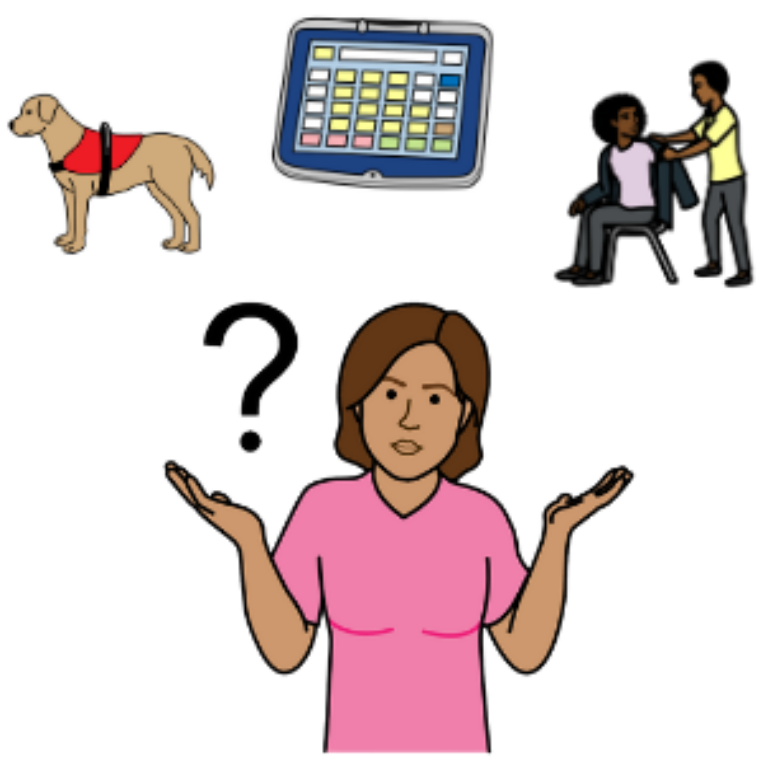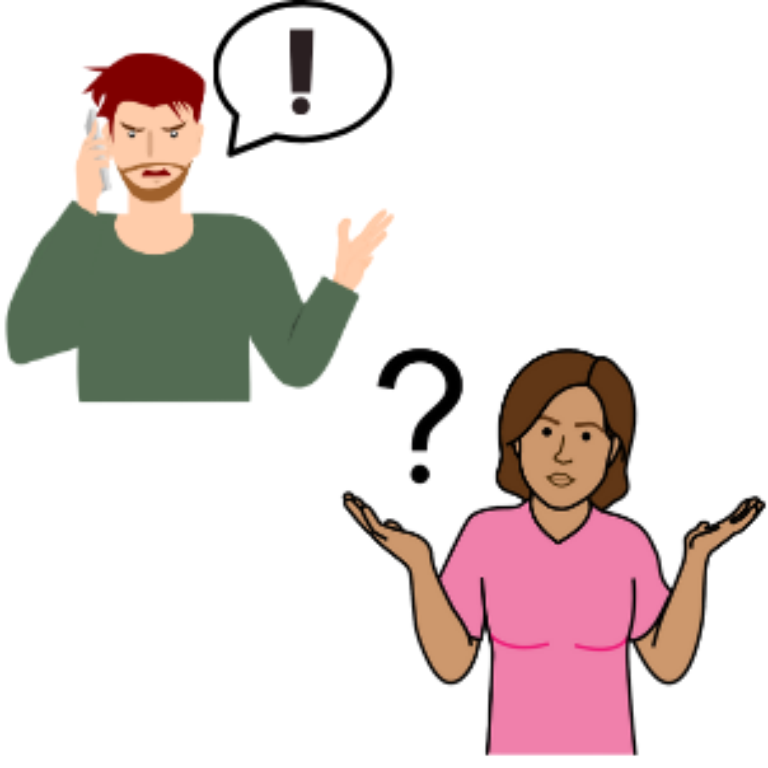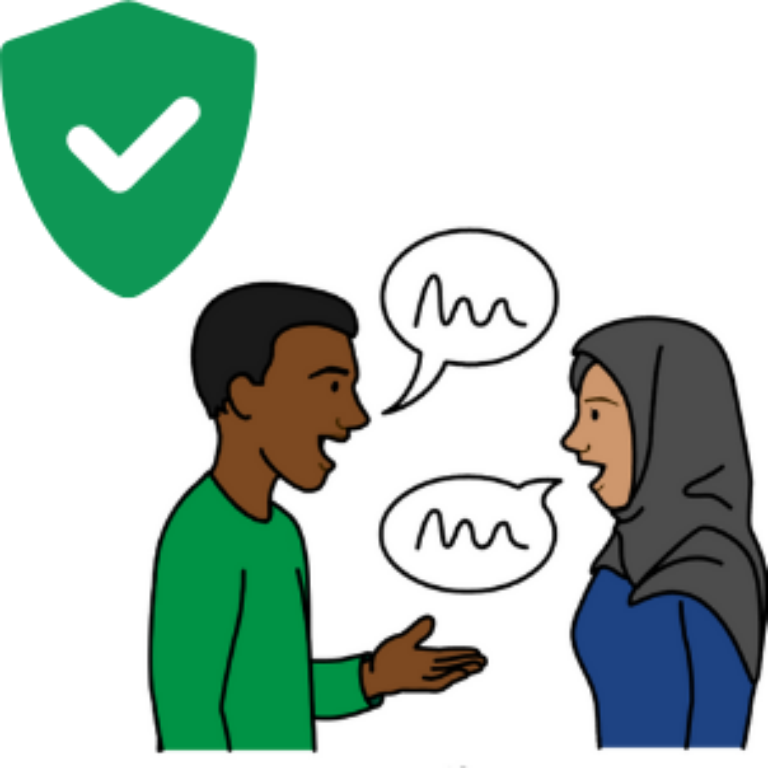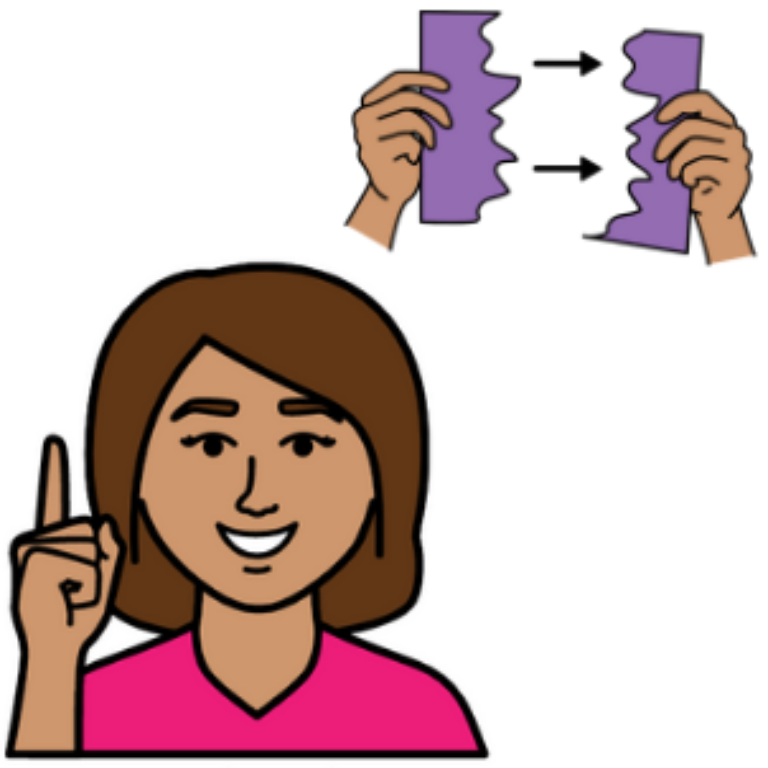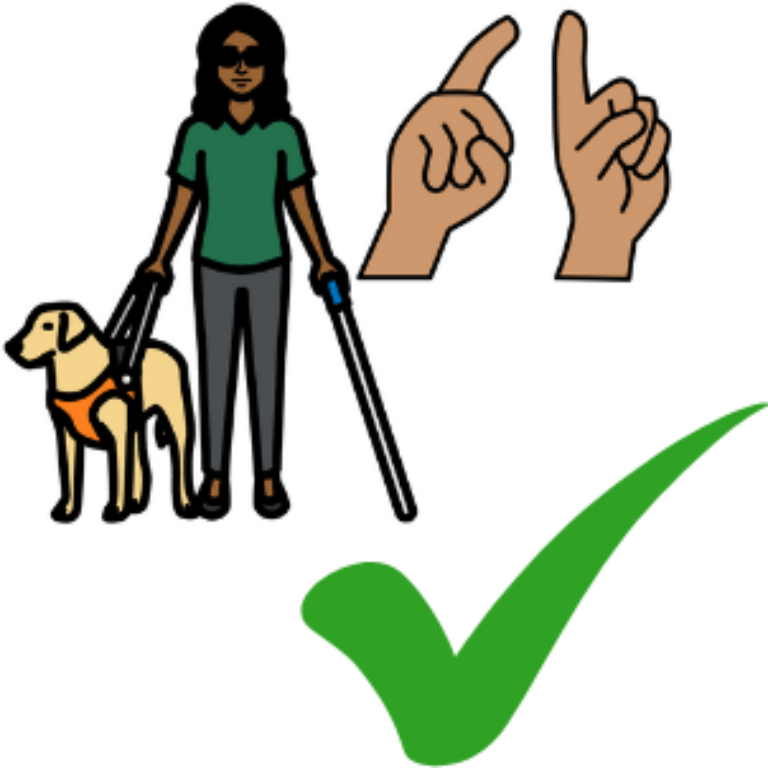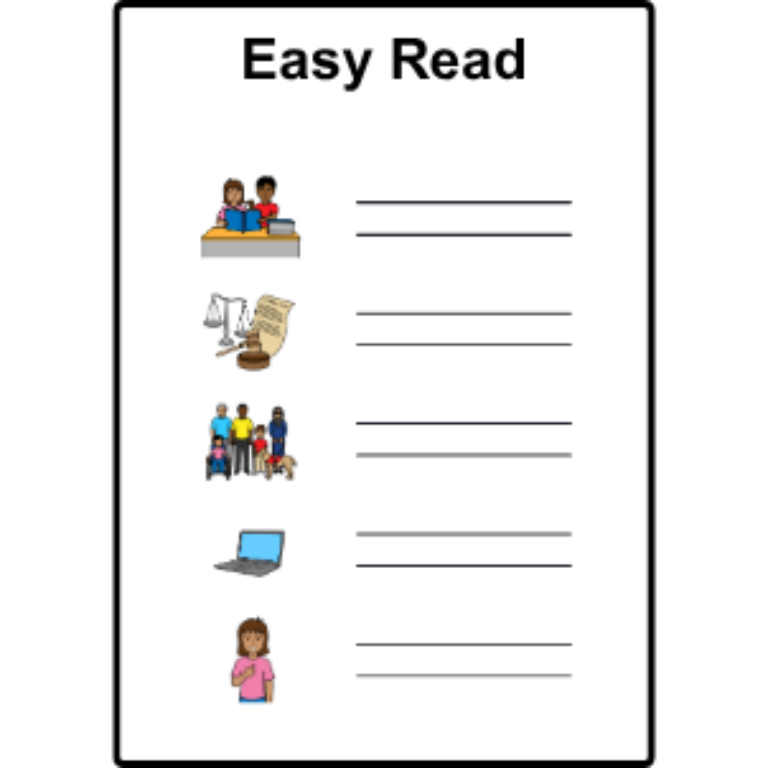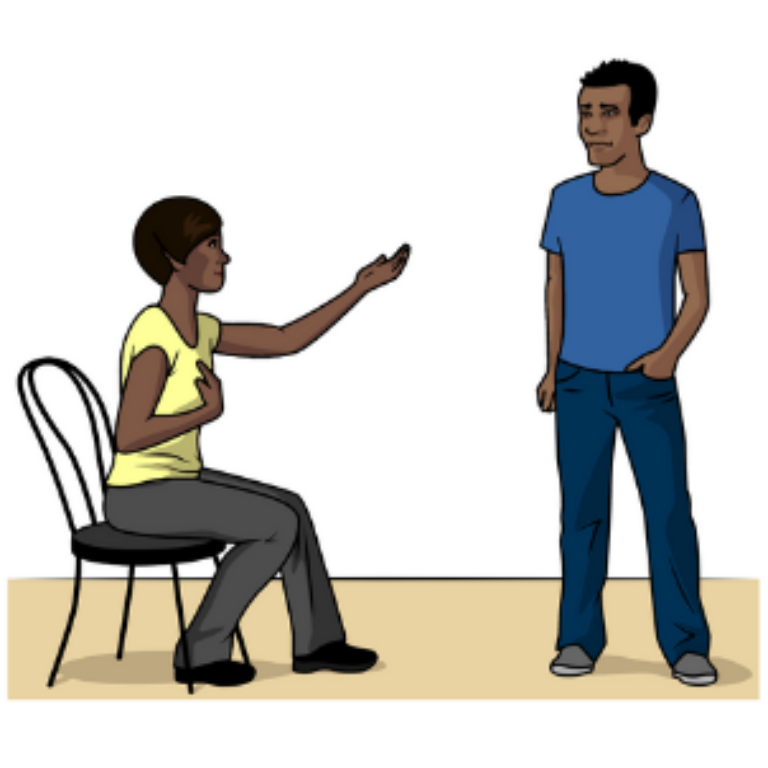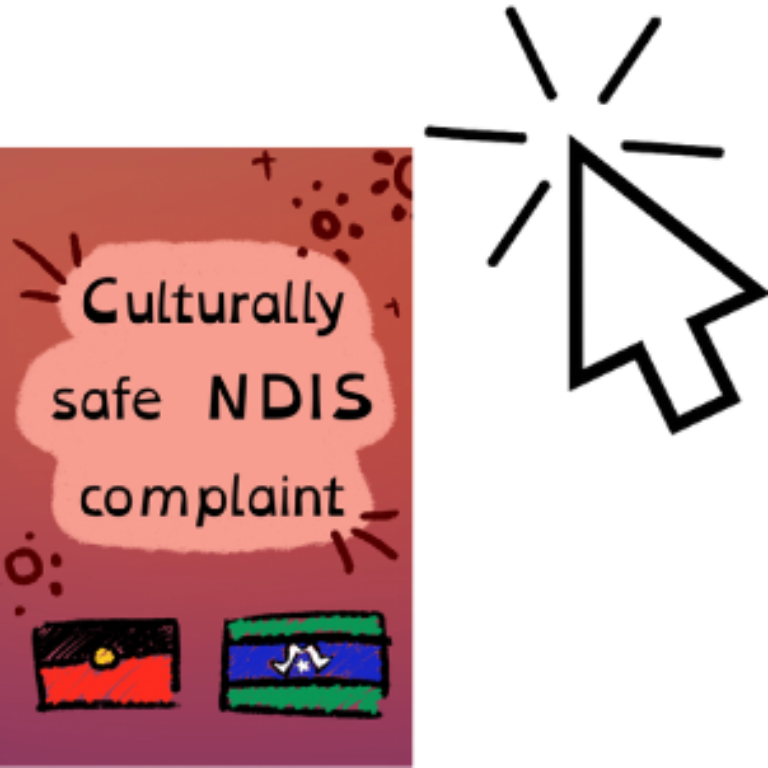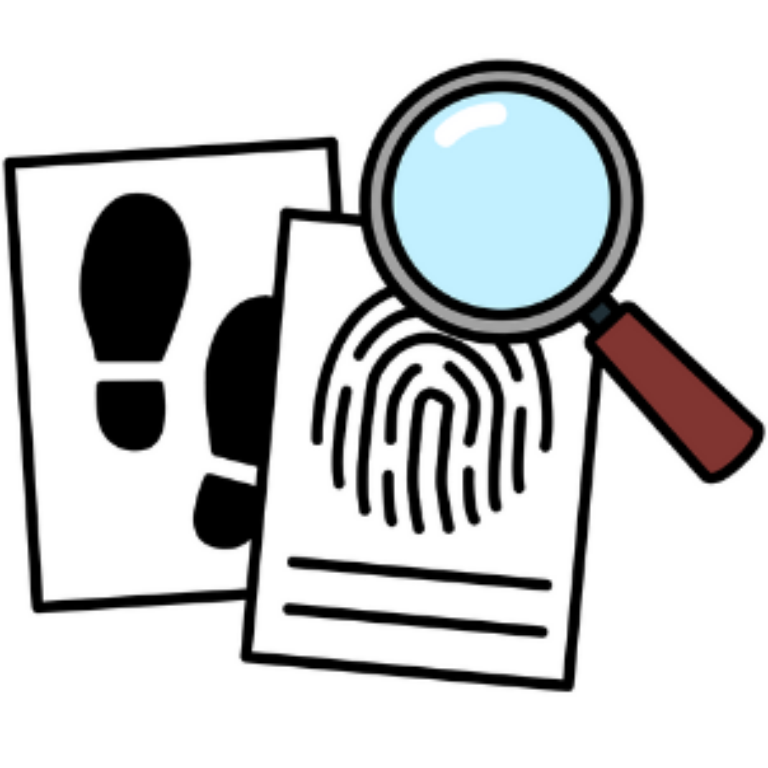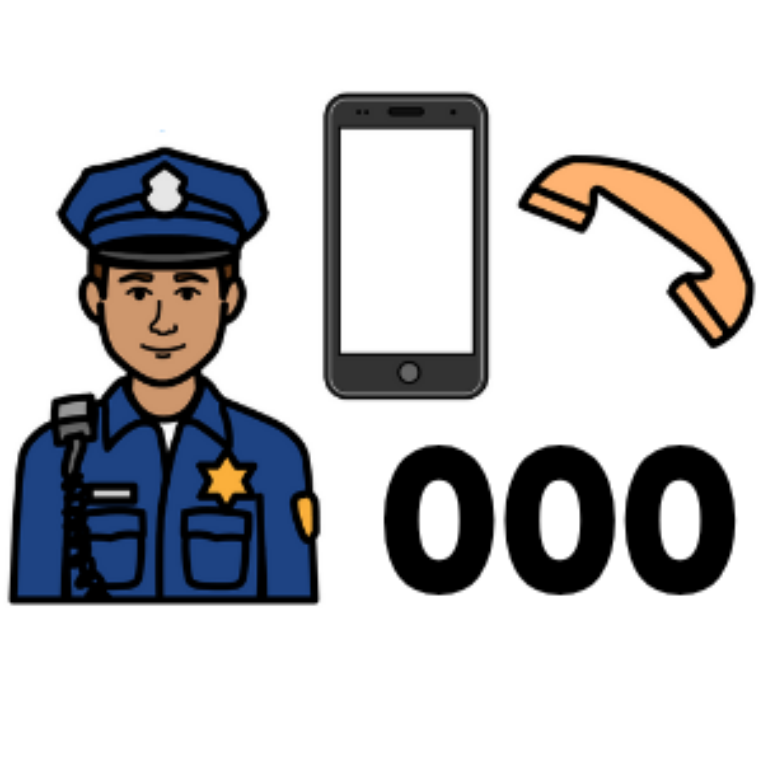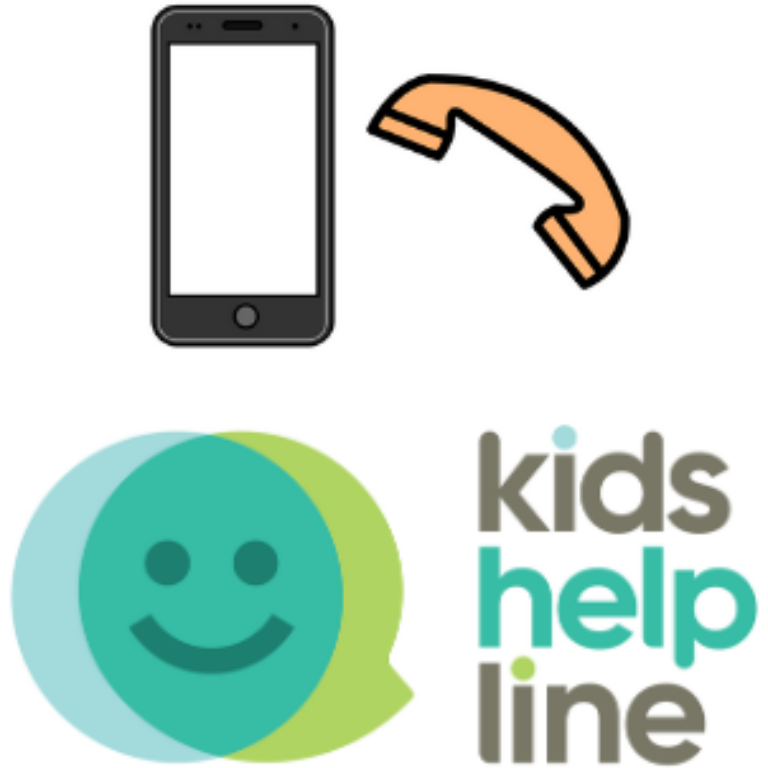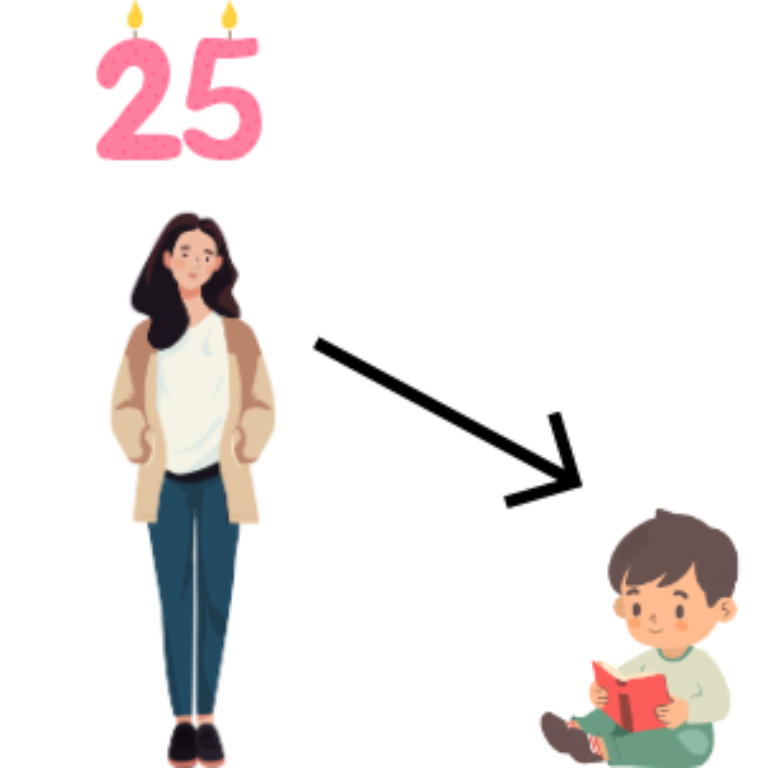How to make a complaint to an NDIS service provider
Sometimes you need to make a complaint so a problem can be fixed.
If something is wrong with your disability supports, and you can’t talk to the person causing the problem, or you’ve tried and it hasn’t fixed the issue, you can make a complaint to your NDIS service provider.
When you feel ready to make a complaint, this webpage has helpful information to guide you through how to make a complaint to an NDIS service provider.

Disabled young people share their advice for making a complaint
In this video, disabled young people share their advice for making a complaint
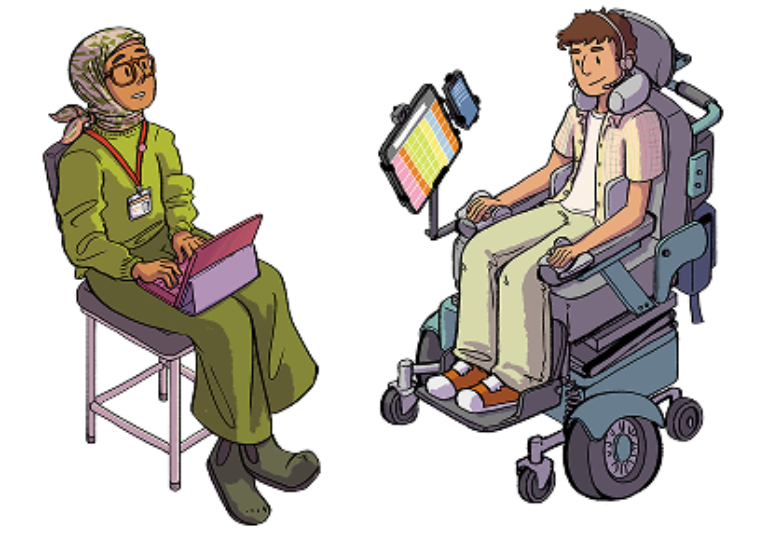
Before you make a complaint
If you want to learn more about what a complaint is, how to raise a concern, and how you might be able to fix a problem without needing to make a complaint, visit the link below.
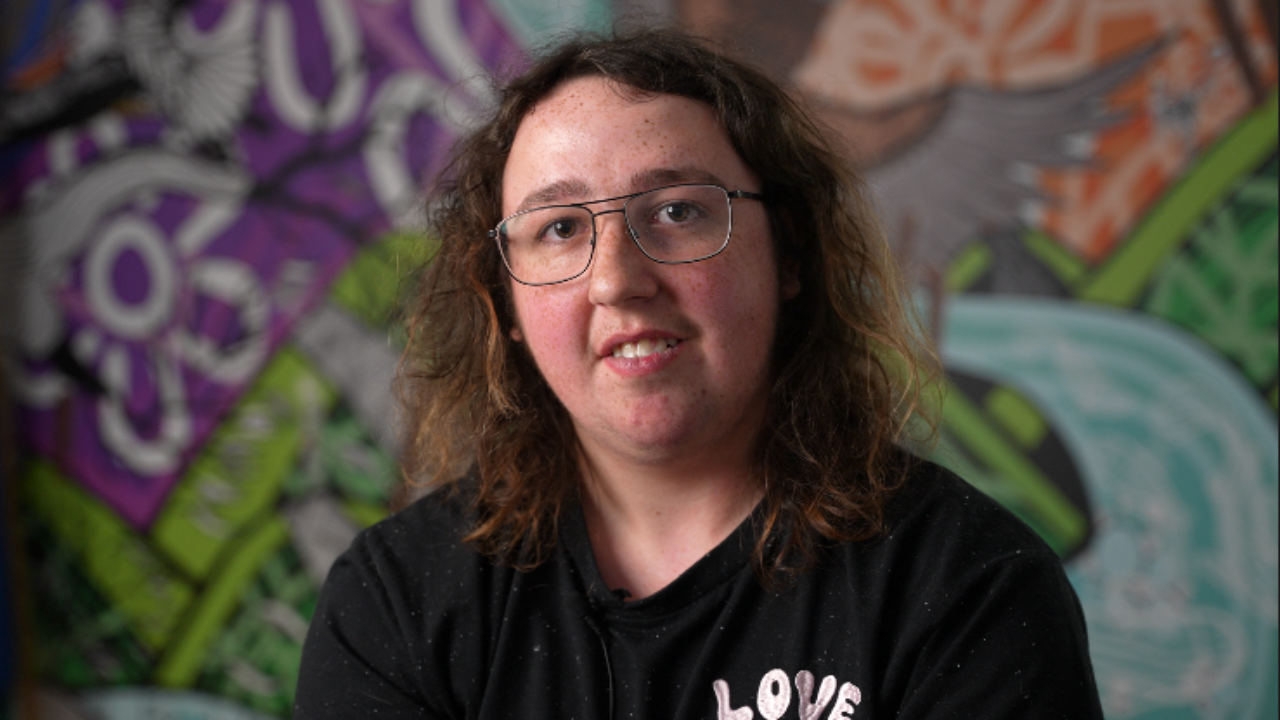
Hendrix’s experience making a complaint to an NDIS service provider
In this video, Hendrix shares their experience. They were not comfortable raising concerns directly with the support worker who caused a problem, so Hendrix made a complaint to his NDIS service provider.
Making a complaint directly to his provider meant that the provider was aware of the problem and could fix it.
Complaint and feedback processes
NDIS service providers have a process in place for people to make complaints or give feedback.
That process can be found in:
- The service provider’s website
- Their welcome email
- A service agreement
If you can’t find it, you can ask anyone who works for the provider what the process is.
The complaints and feedback process should tell you:
- How to make a complaint
- Who receives your complaint
- When you should hear back from them about the complaint
- What you can do if you’re not happy with the outcome of your complaint
If you can’t find a feedback or complaints process, or it’s not given to you, you can ask for help from a trusted adult or advocate.
You can also contact the NDIS Commission.
NDIS Commission complaintsMaking the process accessible for you
Your NDIS service provider should make sure their complaints process is clear and accessible to you.
What you can do:
- Ask for the process to be shared in a way that works for you. For example, in Easy Read or Auslan.
- Have someone support you with making a complaint.
- Ask to have a meeting with the service provider.
Remember, you have the right to a complaints process that meets your access needs.
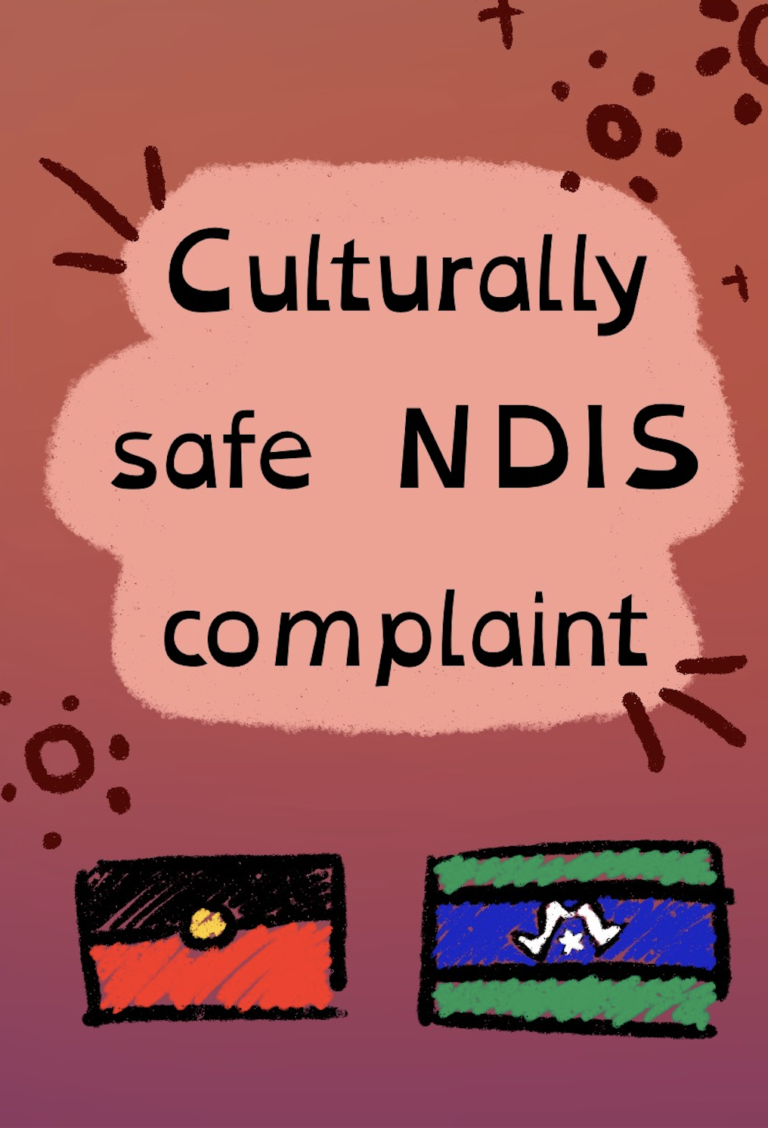
Culturally safe NDIS complaints
You matter, your voice matters. You should feel supported to make a complaint in a way that is culturally safe.
Check out this zine, created by Fay, a First Nations disabled young person, about making a complaint in a culturally safe way.
Submit your complaint
You can make a complaint in a way that works best for you. This might be:
-
Writing an email
-
Talking to someone in person, by phone, or on a video call
-
Using Auslan or communication aids
-
Asking someone you trust to help you
It’s okay to ask for support. You don’t have to do it alone.
Send an email or letter
One way to make a complaint is by sending an email or letter to your NDIS service provider. It should include:
-
Your name and how they can contact you.
-
What the problem is.
- What you’ve already done to try to fix it. It’s okay if you haven’t— you can still make a complaint.
- Any evidence you have, like messages, photos, or notes.
-
What you think would fix the problem.
-
What you’d like to happen next.
-
How you’d like them to contact you.
Use the email template below to help you get started.
If you don’t want to write an email or letter
That’s okay too. You can submit your complaint another way, like meeting with the person at the service provider who handles complaints.
Complaint email template
Coming soon! We are currently developing a template to help you write a complaint letter or email to a NDIS service provider that should be live in June 2025.

Get support
If talking about the problem or writing it down brings up bad memories, or makes you feel bad, you can reach out for help.
You don’t have to deal with problems on your own. There are people who will listen and support you. Visit the webpage below for people and services who can help.
Stay safe
Call 000 if you are in danger now. If someone is hurting you or you feel unsafe, tell someone you trust as soon as you can.
You can also contact Kids Helpline anytime on 1800 55 1800 or chat to them on the Kids Helpline website. They provide free support to people who are 25 years old or younger. No problem is too big or too small.
Kids Helpline has also created a guide to staying safe when leaving right away isn’t an option.










